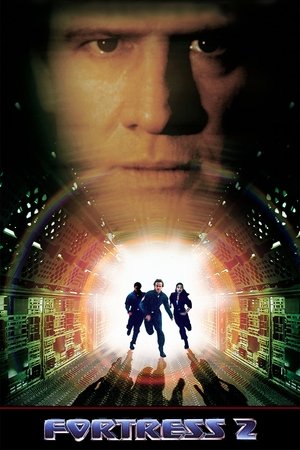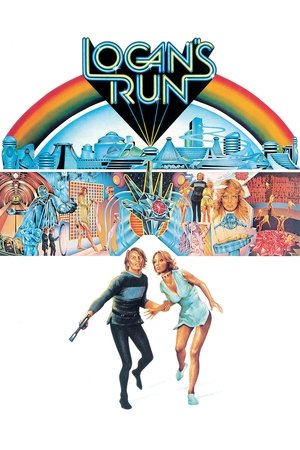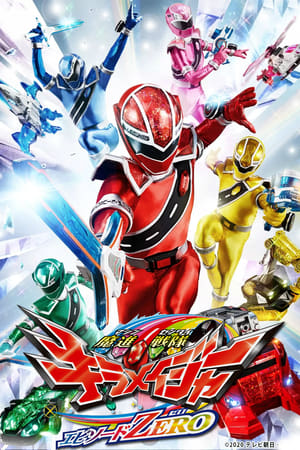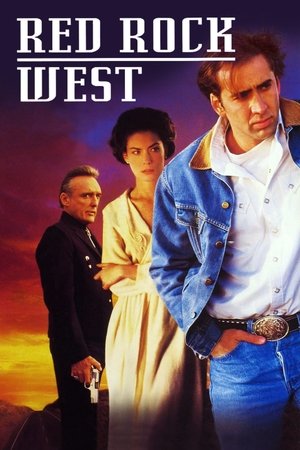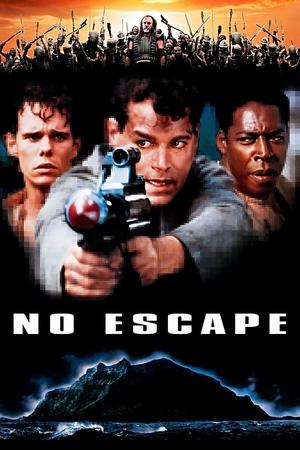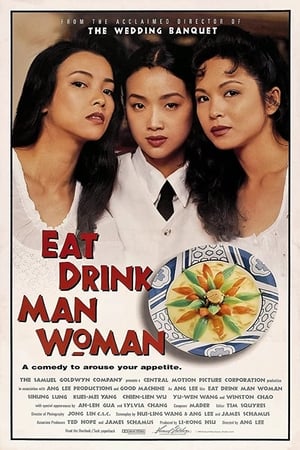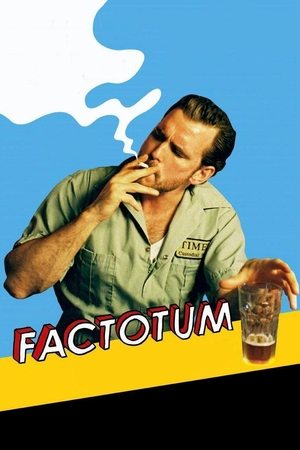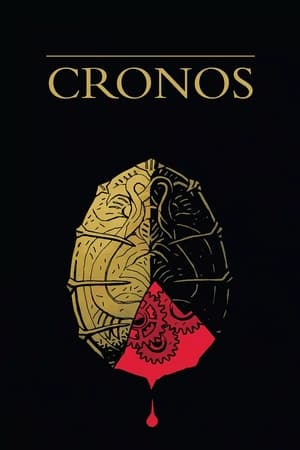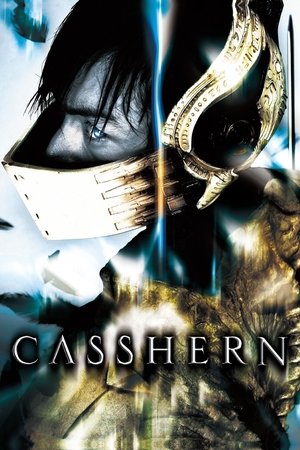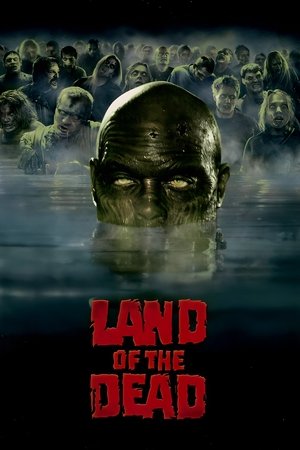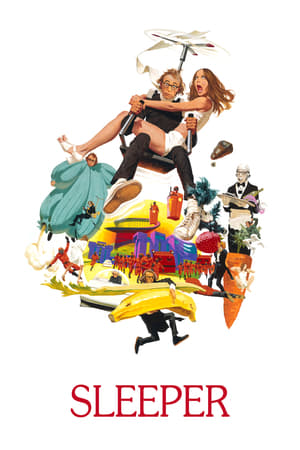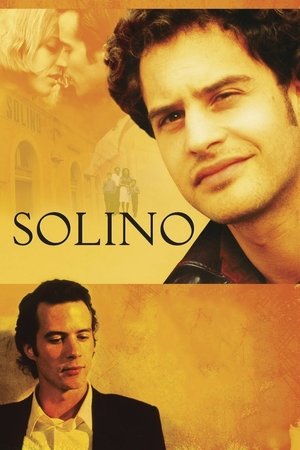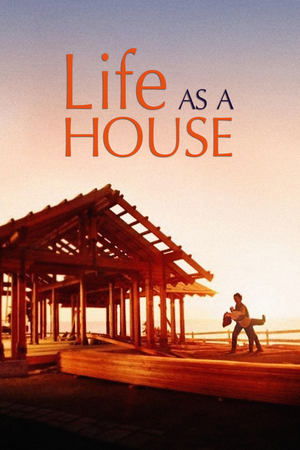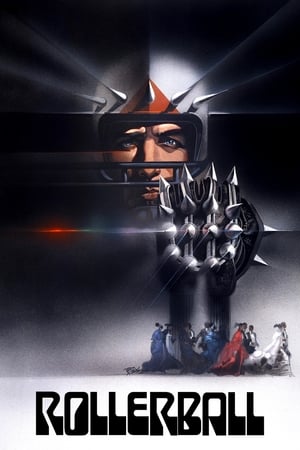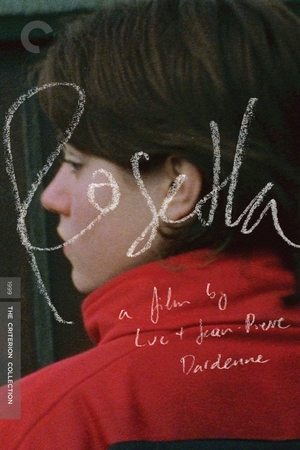Overview
In a Japan of the near future, the government program Plan 75 encourages senior citizens to be voluntarily euthanized to remedy a super-aged society. An elderly woman whose means of survival are vanishing, a pragmatic Plan 75 salesman, and a young Filipino laborer face choices of life and death.
Reviews
With the ever ageing population putting considerable pressure on the resources of the Japanese government, they pass legislation that will allow any citizen over the age of seventy-five to apply for an assisted suicide programme. They will get $1,000 and an all expenses paid, group, cremation. "Hiromu Okabe" (Hayato Isomura) is a young man charged with the administration of applications and he encounters "Michi" (Chieko Baishô). This is a lady still pretty sound of mind and body, but who is alone. She feels her existence is a burden, her home is soon to be demolished and it's fair to say that she sees little purpose in continuing to go through the motions. The young man also encounters an elderly gentleman - his estranged uncle "Yukio" (Take Takao) who is of a similar state of mind and although he cannot deal with this case directly, this triumvirate of individuals serve as a potent conduit for some thought-provoking cinema. "Hiromu" treats 'Plan 75" (curious that it is titled and branded in English) as a job. He has little personal investment in any of his clients - until, that is, he faces some personal conflict. Meantime, "Michi" has been chatting to a young lady who is on the telephone for support purposes and gradually their chatting leads to a bond and perhaps she begins to have doubts? As the threads gather together the film starts to become faintly silly - the ending is flawed on quite a few levels for me - practical and philosophical, but this story still offers us food for thought as we consider just how arbitrary age is when we evaluate suitability for things. Society uses it all the time - when we can start doing something and when we ought to stop. It rarely, if ever, looks at the particulars of the individual - it just makes simplistic generalisations. This film goes some way to challenging that perspective and though I was quite disappointed with it's lack of focus and slightly meandering narrative, Baishô and Isomura deliver well and it's certainly something to think about.
Great concept, poor execution. The images were well-done and the colors chosen to give the feeling of seeming hopelessness from the main characters.
However, the story is way, way, way too slow. In fact, there isn't really a story at all. This could is a "slice of life" movie that feels like it's going at the pace of life.
It's not clear whether the pace and chosen script were due to budgetary constraints, but as many "winners of cannes film festival", this is just a great idea waiting for a better remake.
Many things could've been explored like the turbulent events that led to the law being adopted, a story following the people protesting the adoption and how they eventually lose, a jump forward a decade or more where taking advantage of plan 75 is normal, or a reality TV-esque documentary of the first 75 year old living the life with the money received from the scheme, etc.
If you have nothing better to do, watch this, otherwise wait for the remake.

 113 min
113 min
 6.676
6.676
 2022
2022
 Japan
Japan
 CinemaSerf wrote:
CinemaSerf wrote: